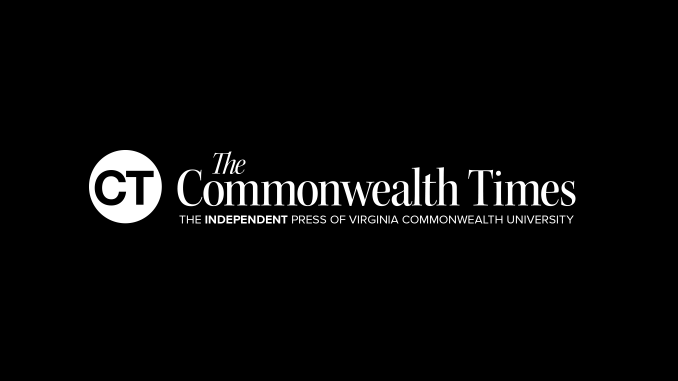
Hannah Eason, News Editor
Sarah Elson, Contributing Writer
VCU study abroad programs to China have been “suspended indefinitely,” according to a statement from the school’s administration sent to students on Friday.
The university suspended all travel to the country amid the coronavirus epidemic, which the World Health Organization is now calling a global health emergency.
Gonzalo Bearman, an associate hospital epidemiologist at VCU Health and chair of the Division of Infectious Diseases at VCU, said in the case of an outbreak or a VCU student contracting the virus, VCU Health is prepared to respond.
“We have the appropriate facilities to deal with it,” Bearman said. “And we also have the appropriate personal protective equipment to use in the event that we need to evaluate or manage patients with a novel coronavirus. So we’re ready.”
Bearman said the coronavirus is spread through small particles or respiratory droplets that travel through the air, and an infected patient would have to be standing three feet from a person in order to transmit the virus through the droplets.
There are more than 20,000 confirmed coronavirus cases worldwide, including 11 in the U.S. as of Tuesday. The respiratory illness has spread to more than 25 countries and killed more than 420 people.
The Virginia Health Department tested two patients in Central Virginia, who tested negative for the coronavirus. A George Mason University student was being monitored for the virus after showing symptoms associated with the disease, but was cleared on Friday.
Symptoms of the disease include respiratory symptoms, fever, cough and shortness of breath. In more serious cases, infection can cause severe acute respiratory syndrome, kidney failure and death.
A program created by Johns Hopkins University that tracks global confirmed cases of the coronavirus and deaths reports there are 11 confirmed cases of the illness in these areas of the U.S. as of Tuesday:
- Boston, one confirmed case
- Chicago, two confirmed cases
- Tempe, Ariz., one confirmed case
- Orange, Calif., one confirmed case
- Los Angeles, one confirmed case
- San Benito Calif., two confirmed cases
- Santa Clara, Calif., two confirmed cases
- Seattle, Wash., one confirmed case
VCU Health’s statement last week informed VCU students of the virus, including tips such as washing hands, using hand sanitizers and refraining from sharing food and drinks. University Student Health Services provides free flu shots for students, but there is currently no vaccine that prevents this strain of coronavirus.
Matthew J. Lovisa, a spokesperson for the Division of Student Affairs, said VCU’s response protocols follow the guidelines provided by the U.S. Centers for Disease Control and Prevention and WHO.
“Institutions like VCU Health stay alert and on top of these recommendations, and work closely with the local health department and the CDC,” Lovisa said in an email. “Any samples for testing go directly to the CDC, and results are typically available within 48 to 72 hours.”
Thursday, the CDC announced the first confirmed case of person-to-person spread of the coronavirus in the U.S. Later that day, WHO declared the coronavirus a world health emergency. Friday, the U.S. Department of State announced the highest level of travel advisory for China. The level four advisory told people not to travel to China, and urged U.S. citizens in China to stay at home and avoid contact with others.
Coronaviruses are a family of illnesses that range from the common cold to severe acute respiratory syndrome. The new strain of this disease originated in Wuhan City in the Hubei Province of China. It is an illness transmitted between animals and people.
To minimize the transmission of the coronavirus from animal to human, WHO recommends regular hand washing after touching animals or animal products, especially after contact with a live animal market or animal product market. After visiting the markets, WHO recommends avoiding contact with eyes, mouth and nose as well as sick animals or spoiled animal products.
The CDC advises those who have recently visited China in the past 14 days and feel sick with a fever, cough or difficulty breathing to seek medical care.


Leave a Reply